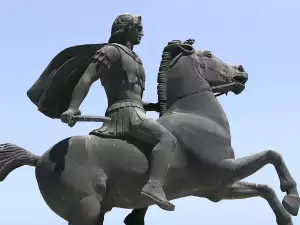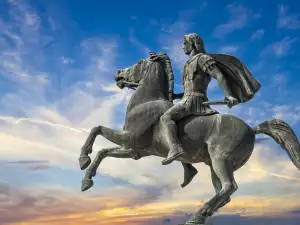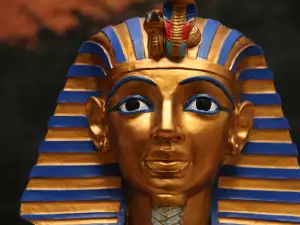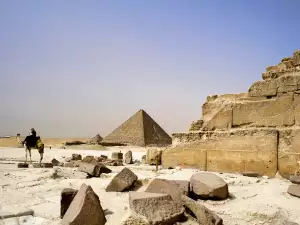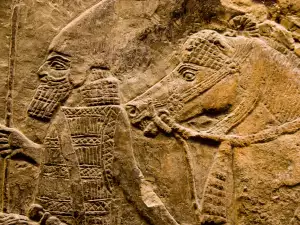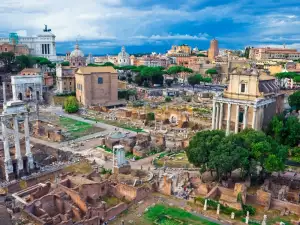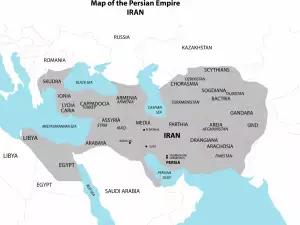After a series of savage defeats Alexander the Great was ready to go against ancient Egypt: one of the greatest empires known to the world. Egyptian pharaohs were considered gods on earth and massive pyramids, temples and monuments were erected to express their glory. However Alexander was even more impressed with the idea that the great ruler may be a god, he was so obsessed. After two years of fighting, Alexander turned inland to Memphis.
Egyptians sincerely wished to reject the Persian domination. They surrendered without a fight and welcomed Alexander with open arms. Under his reign the religious and cultural practices in Egypt had been resolved. In return, the Egyptian priests gave Alexander the title of Pharaoh. This was an important turning point as Alexander the Great believed that he really was a god.
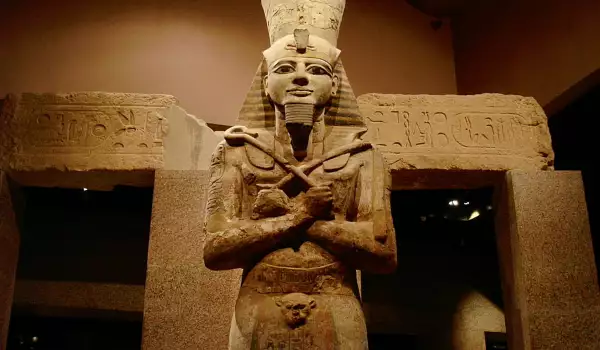
Over 331 years B.C. Alexander the Great took on epic journey to Oracle to seek evidence of his divinity. The distance was about 500 kilometers. It was located on a relatively equal plateau, which was surrounded on all sides by sand dunes. During the day the heat was overpowering, while at night it was incredibly cold. Sand storms were frequent and sometimes visibility was less than an arm's length. Following a terrible sandstorm Alexander the Great and his men really were lost. According to legend, however, they were rescued by two birds, which showed them the path to an oasis and the Temple of Zeus.
Visiting the oracle is one of the most fascinating stories throughout antiquity. Alexander entered into the temple alone, and his men remained outside. He came out of the temple, and all rushed to him: "Alexander, Alexander, what did one ask? " He replied, "I will not tell you." ''But we heard him call you son of Zeus? " "Well, take it for truth, if you want." His personal historian spread the news.
Egyptians reinforced this perception as the image painted on the walls of his most holy shrines. In Luxor Alexander the Great depicts how the hands divine honors of his father, god Amon.

